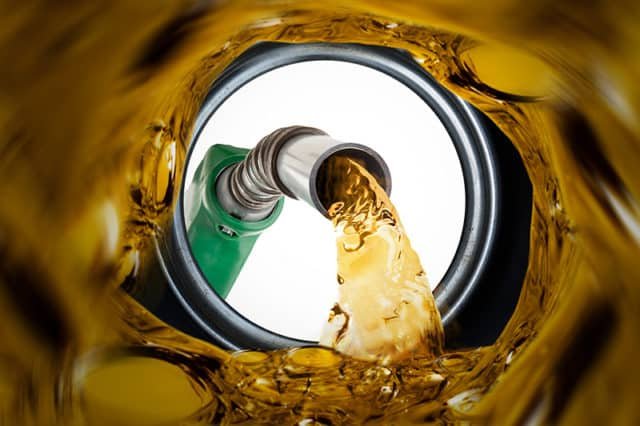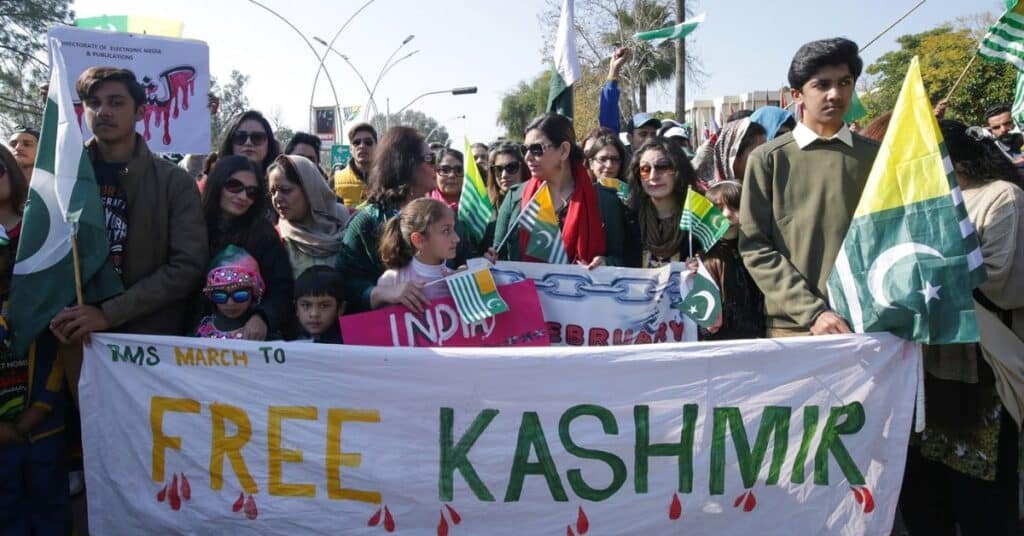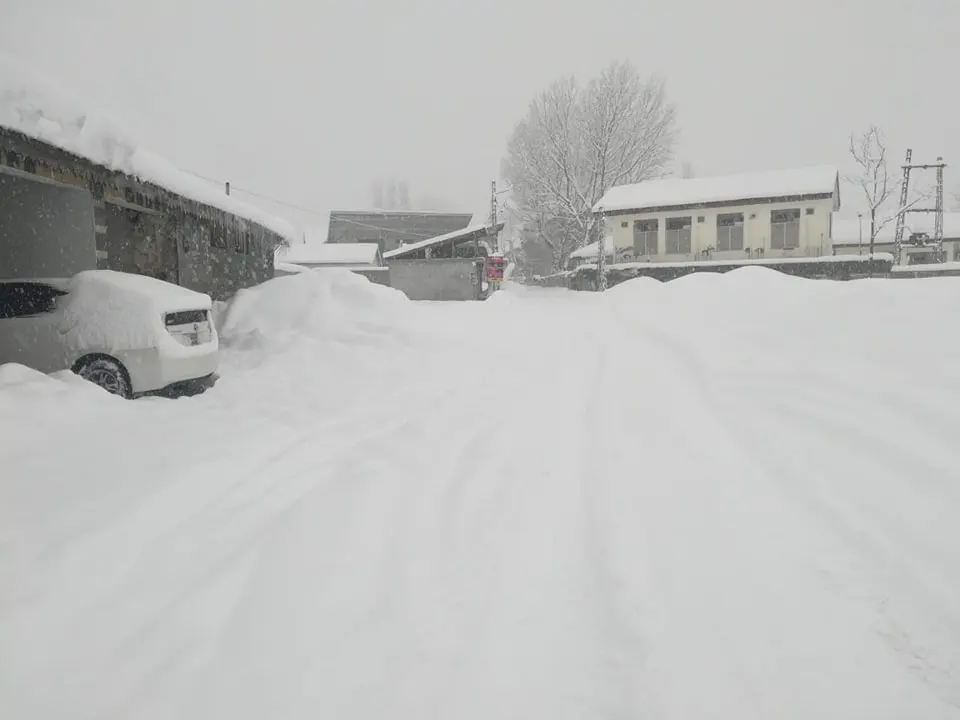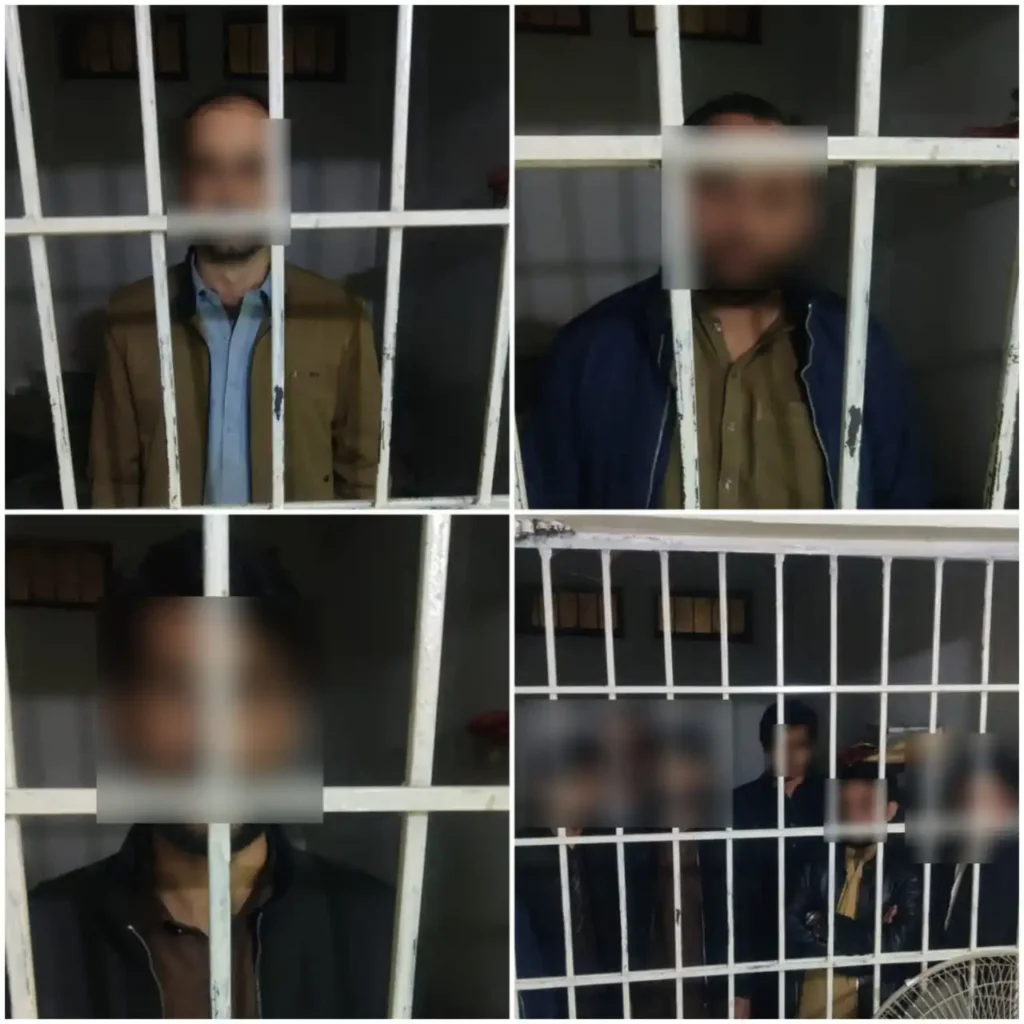PESHAWAR: The recent hike in petrol and diesel prices has triggered a wave of concern and frustration among the residents of Khyber Pakhtunkhwa, particularly affecting daily wage workers, farmers, and the lower-income population.
Citizens have strongly criticised the provincial government, accusing it of further burdening the common man at a time when inflation has already reached unbearable levels.
Speaking to local media, Swabi residents expressed their dismay over the worsening economic situation, urging authorities to take immediate and meaningful action to control the rising cost of living.
“We are already struggling to survive, and now fuel prices have made things even worse,” said a local farmer. “Agricultural costs have become unmanageable — diesel is essential for running tube wells and tractors. If this continues, we won’t be able to cultivate our lands.”
Labourers and wage earners, who rely on daily employment to feed their families, appear to be among the hardest hit. With fuel prices rising, transportation costs have soared, and work opportunities have dwindled.
“We don’t even get a full day’s work anymore,” lamented one daily wager. “Everything is getting more expensive — flour, vegetables, electricity. Where are we supposed to go? How will we survive?”
Residents didn’t hold back from castigating the provincial government, accusing it of prioritizing bureaucratic privileges and salary increases over the needs of the people.
“The rulers are busy increasing their perks and privileges,” said another local citizen. “But the people? We are crushed under inflation. If the government cannot provide relief, the least it can do is not impose more financial burdens on the public.”
The sense of growing inequality and detachment between the ruling class and the masses was a recurring theme in public comments.
Citizens have demanded an urgent rollback of the petroleum price hike and called on the government to introduce serious and effective measures to combat inflation.
“Enough is enough. If fuel prices are not reduced and inflation is not brought under control, the country could face an even deeper economic crisis,” warned a shopkeeper in Swabi.
Read also: Pakistan budget 2025: sharp increase expected in electricity, gas, fuel Prices





